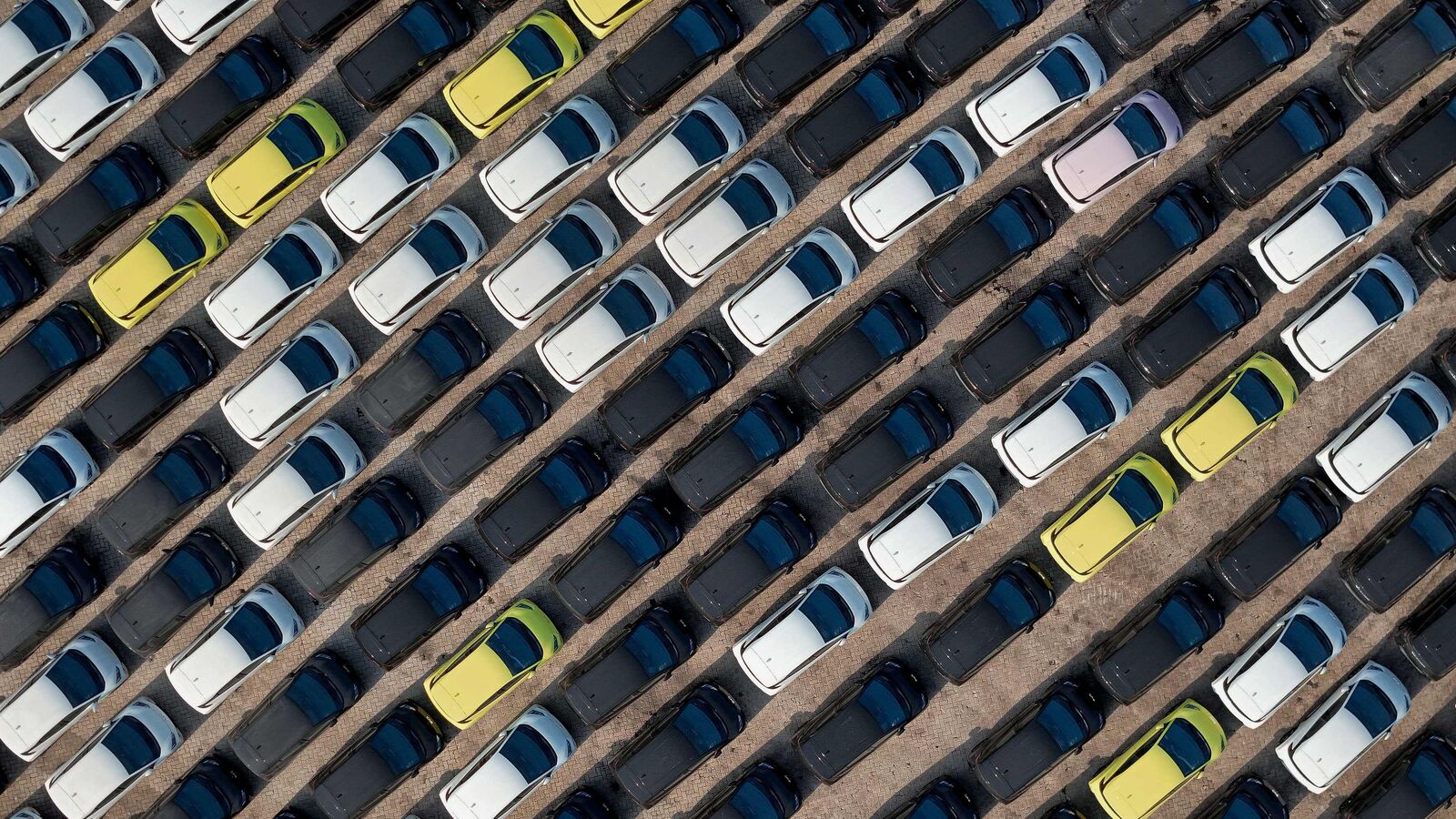Stressing on the need for electric vehicles across segments, Nitin Gadkari has once again pointed to the affordability factor in favour of zero-emissi
…
In a move that will have massive ramifications in the Indian automotive space, Nitin Gadkari was recently quoted as saying that the central government is looking at completely eliminating petrol and diesel vehicles from the country’s road within a ten-year time-frame. Continuing to underline the need for electric vehicles (EVs), the Union Minister for Road Transport and Highways explained the cost benefits of using such transport options as against conventional vehicles that are powered by engines.
Speaking at a public rally in Himachal Pradesh’s Mandi, Gadkari outlined that India is looking at shutting doors on petrol and diesel vehicles by 2034, as per news agency PTI. “I want to eliminate diesel and petrol vehicles from this country within 10 years. Nowadays, electric scooter, car and bus have come,” he reportedly said. “While you spend ₹100 on diesel, they consume electricity worth ₹4.”
Also Read : When Gadkari batted for hydrogen as a fuel source for vehicles
A very vocal advocate of clean transport options, Gadkari has time and again stressed on the need for zero-emission vehicles as well as for vehicles which make use of alternate fuels. He has previously even pointed to the need to cut back pollution levels as well as reduce the country’s dependence on crude oil which is mostly imported from foreign shores, resulting in a hefty burden on the ex-chequer.
The rise and spread of EVs in India
While the rise in sales of EVs across most major markets in the world begins to slow down, India remains a beacon of hope for manufacturers. While the Indian EV story is being scripted primarily in the two and three-wheeler segments, there is some significant degree of movement in the passenger vehicle (car) space as well. Around 15 lakh EVs across segments were sold in the country in 2023, up by 50 per cent from the previous year. The forecast is for this figure to rise to 17 lakh.
The central government recently also approved changes in the country’s EV policy, allowing lower duty on imported EV models provided manufacturers give assurance on local investments and sourcing.
Also Read : Centre approves new EV policy with tax cut on imported electric cars
Overall, India is looking at 30 per cent of all sales in the automotive sectors to be accounted for by electric options by 2030. This is impressive even when compared to targets set by western countries. The United States – world’s second-largest car market – is aiming to have 50 per cent of all sales to come from EVs by 2030 and 67 per cent by 2032. In the UK, around 19 per cent of all sales came from EVs in 2023 and the country is looking at having 100 per cent of all cars sold here to be all electric by 2035.
But experts continue to also stress on factors like expanding supporting infrastructure like charging stations and creating awareness around EVs. Affordability will be a critical factor that also determines the success of EVs across the world. In a country as diverse as India, an ambitious target will need to be backed by a comprehensive strategy.
First Published Date: 30 May 2024, 12:36 PM IST

